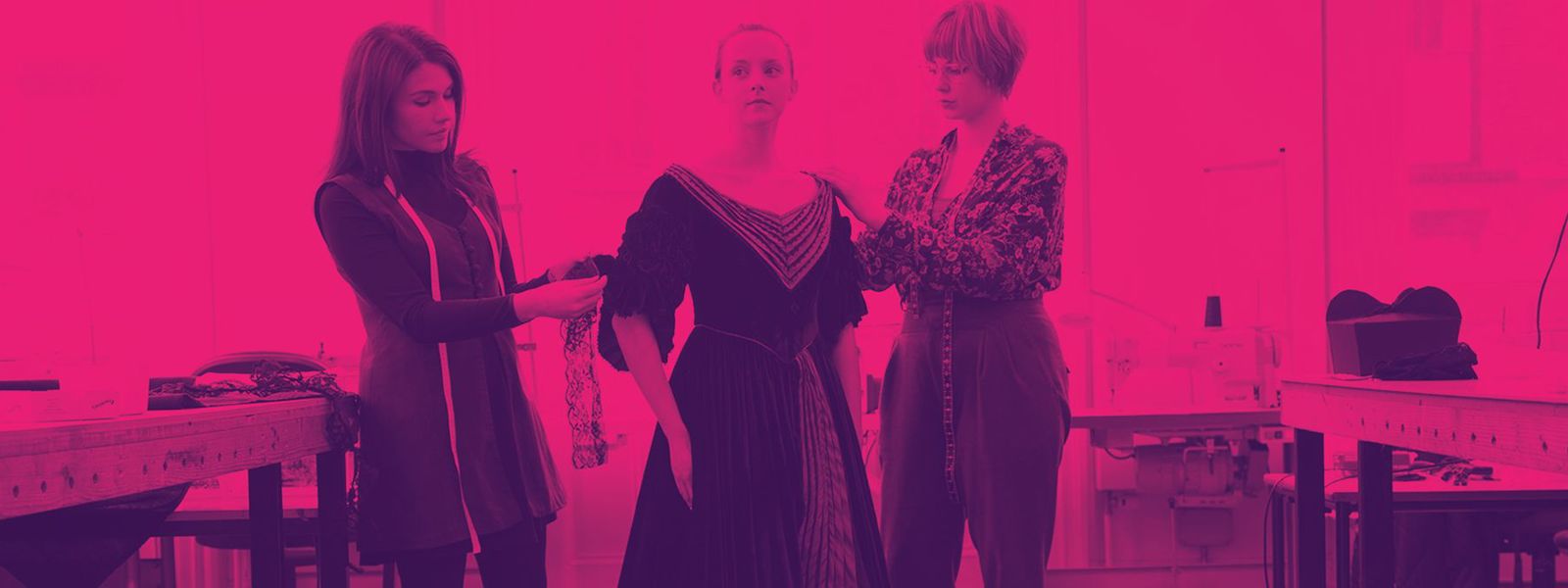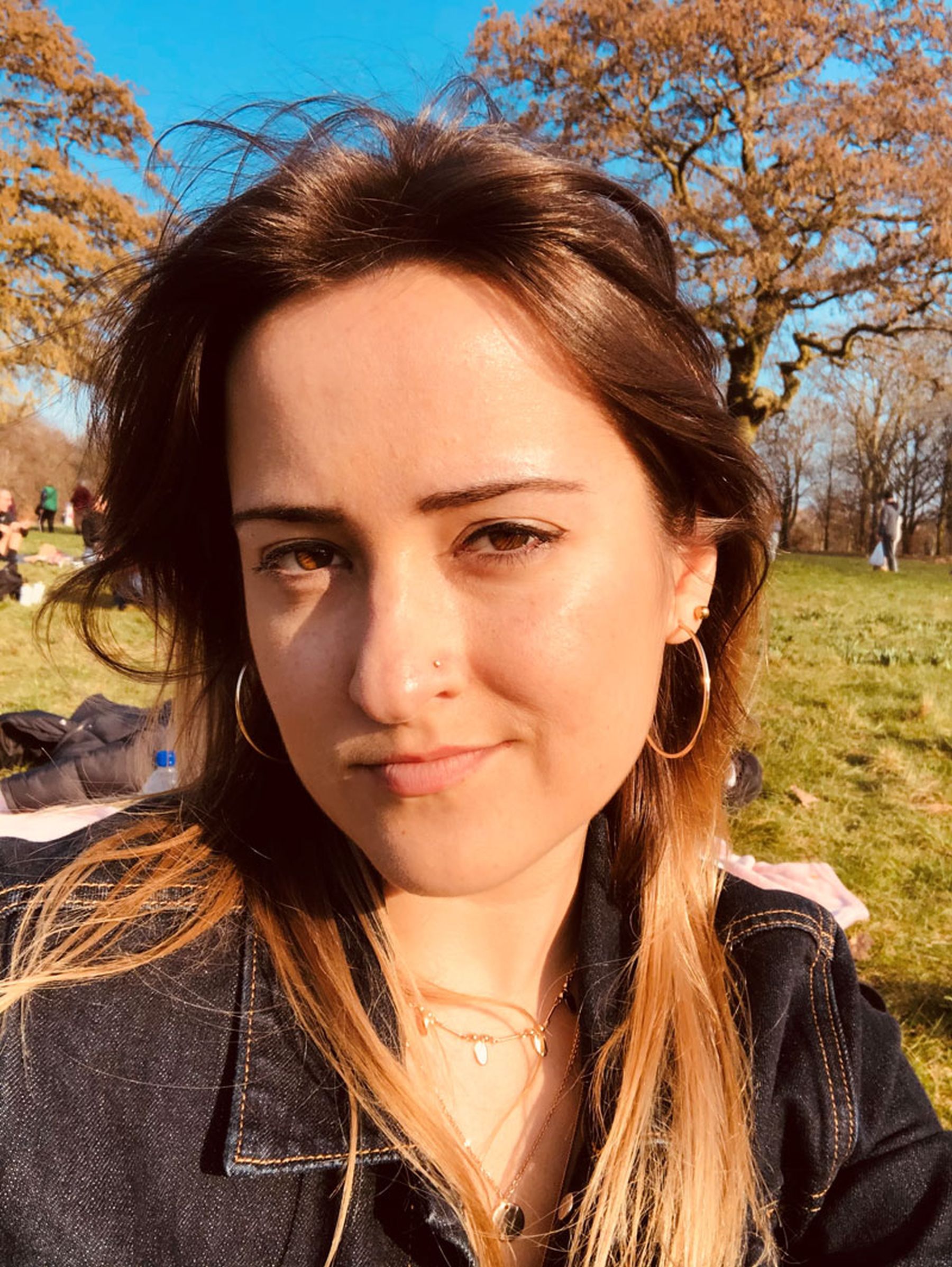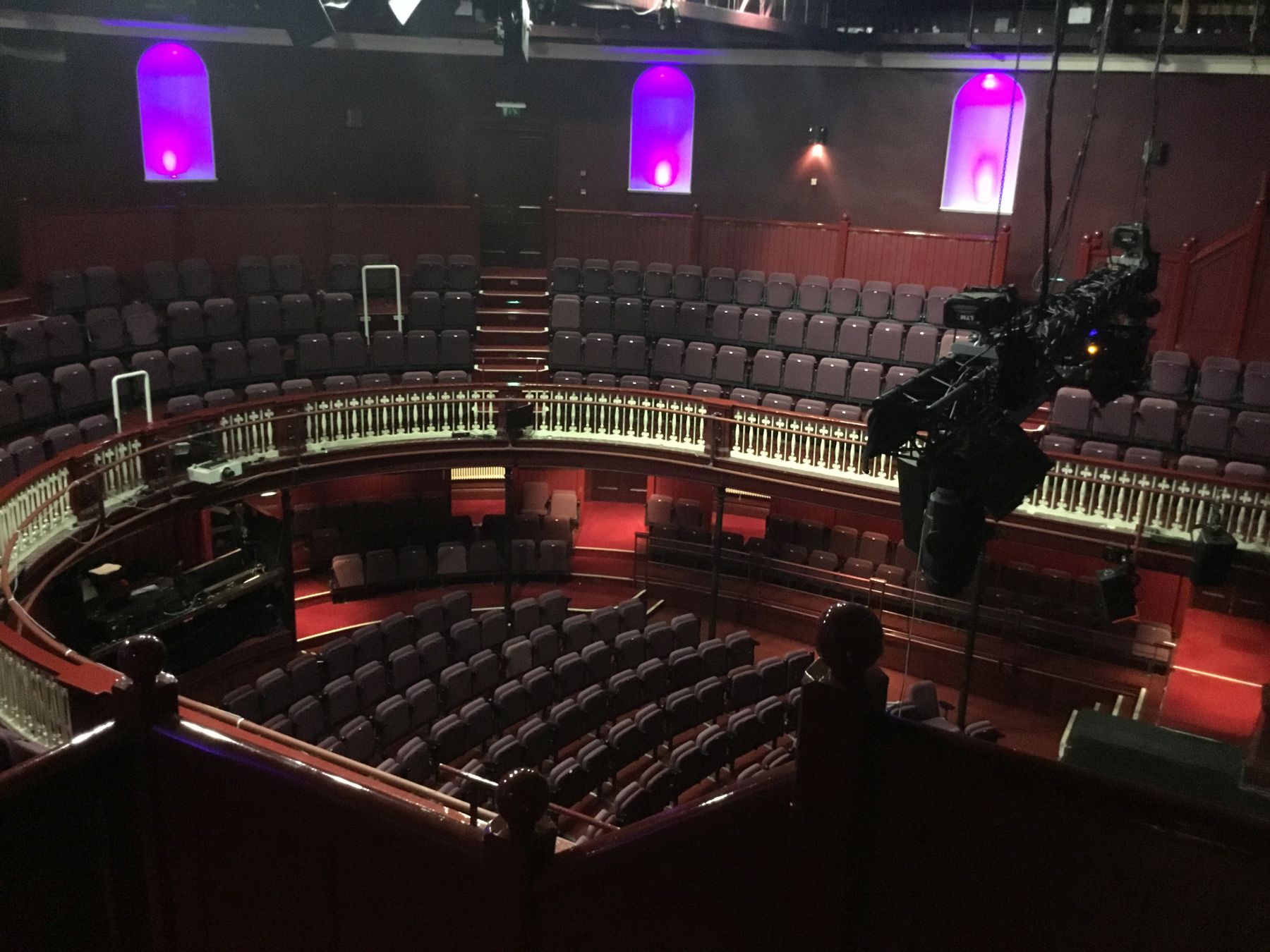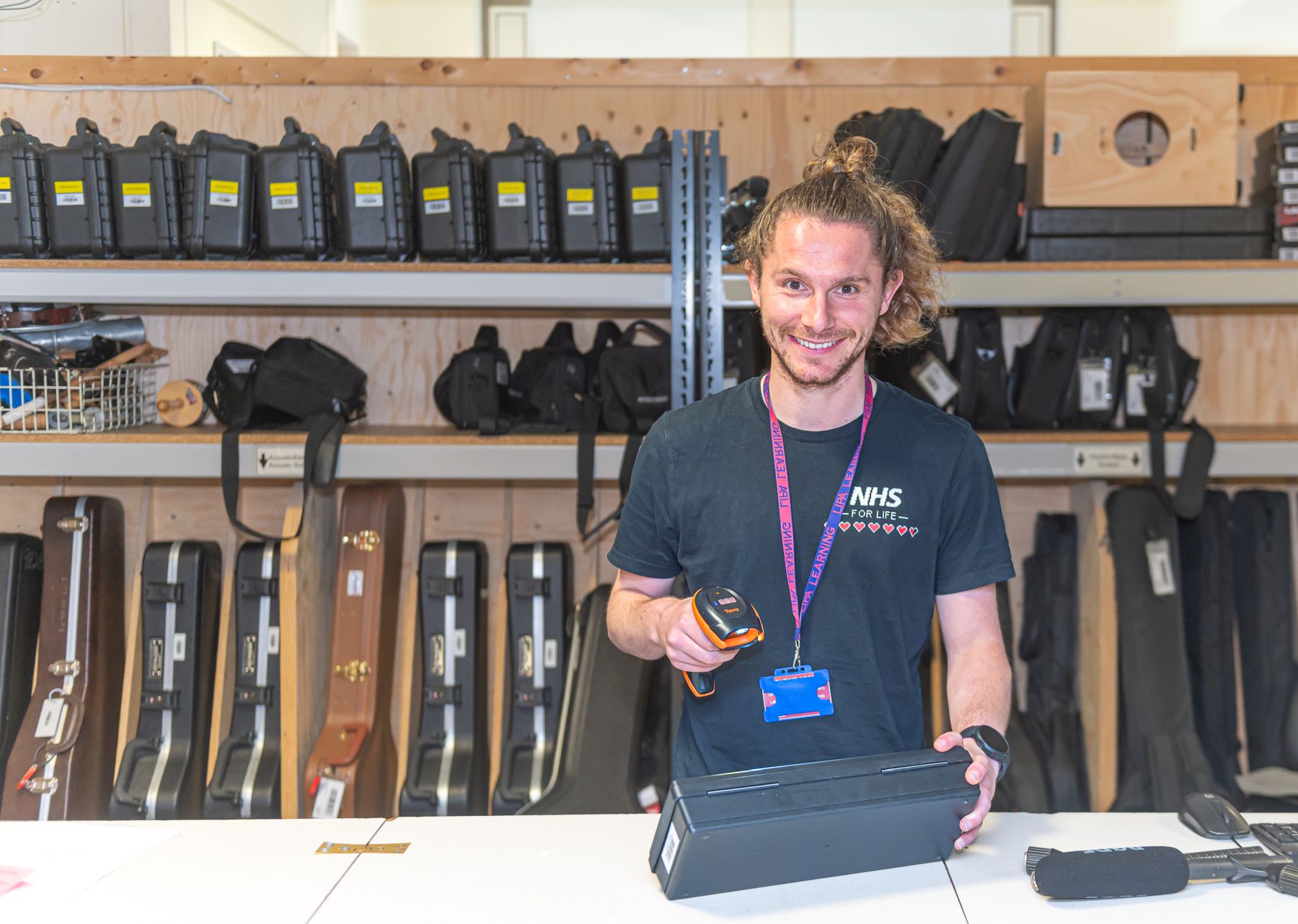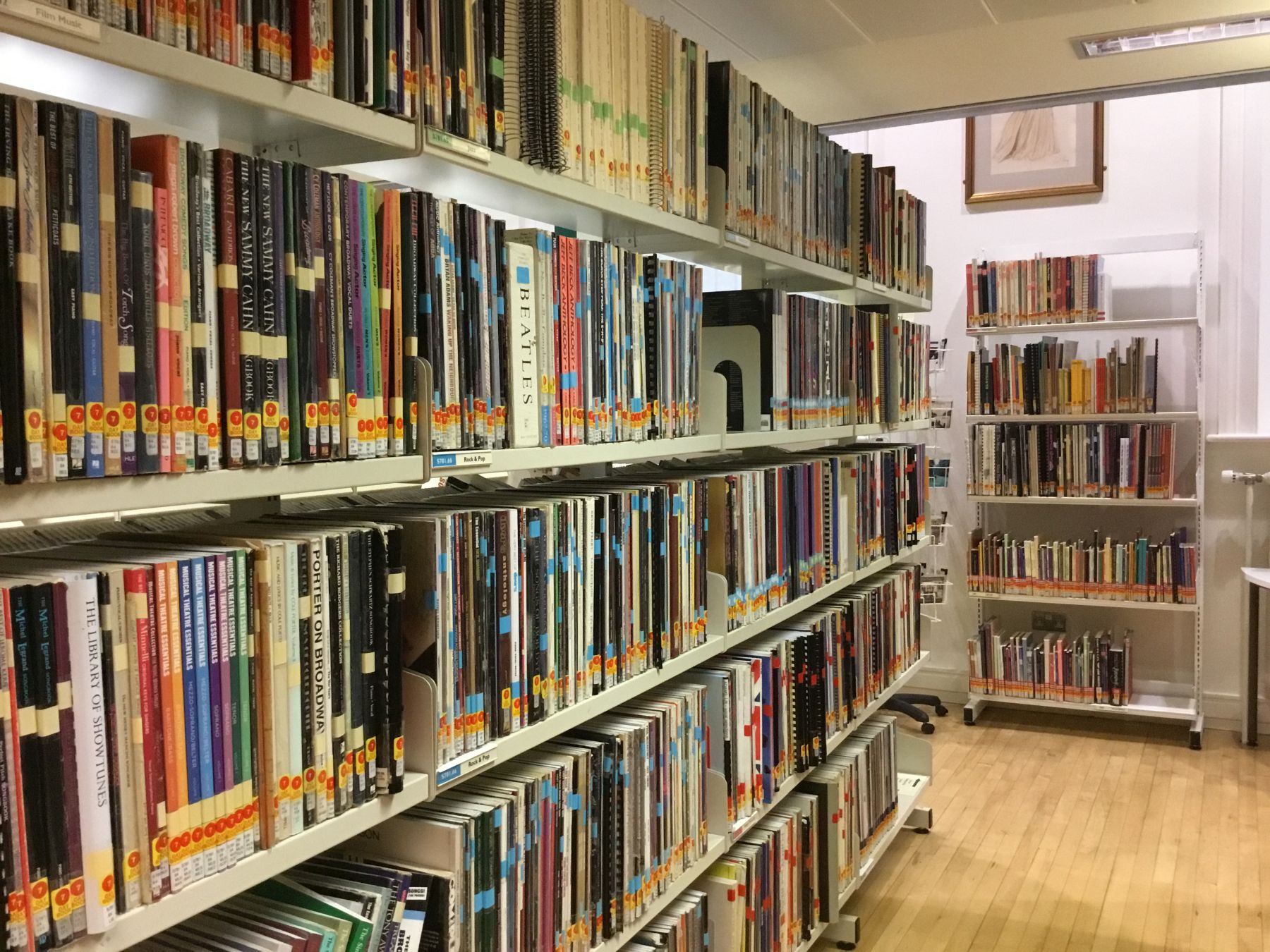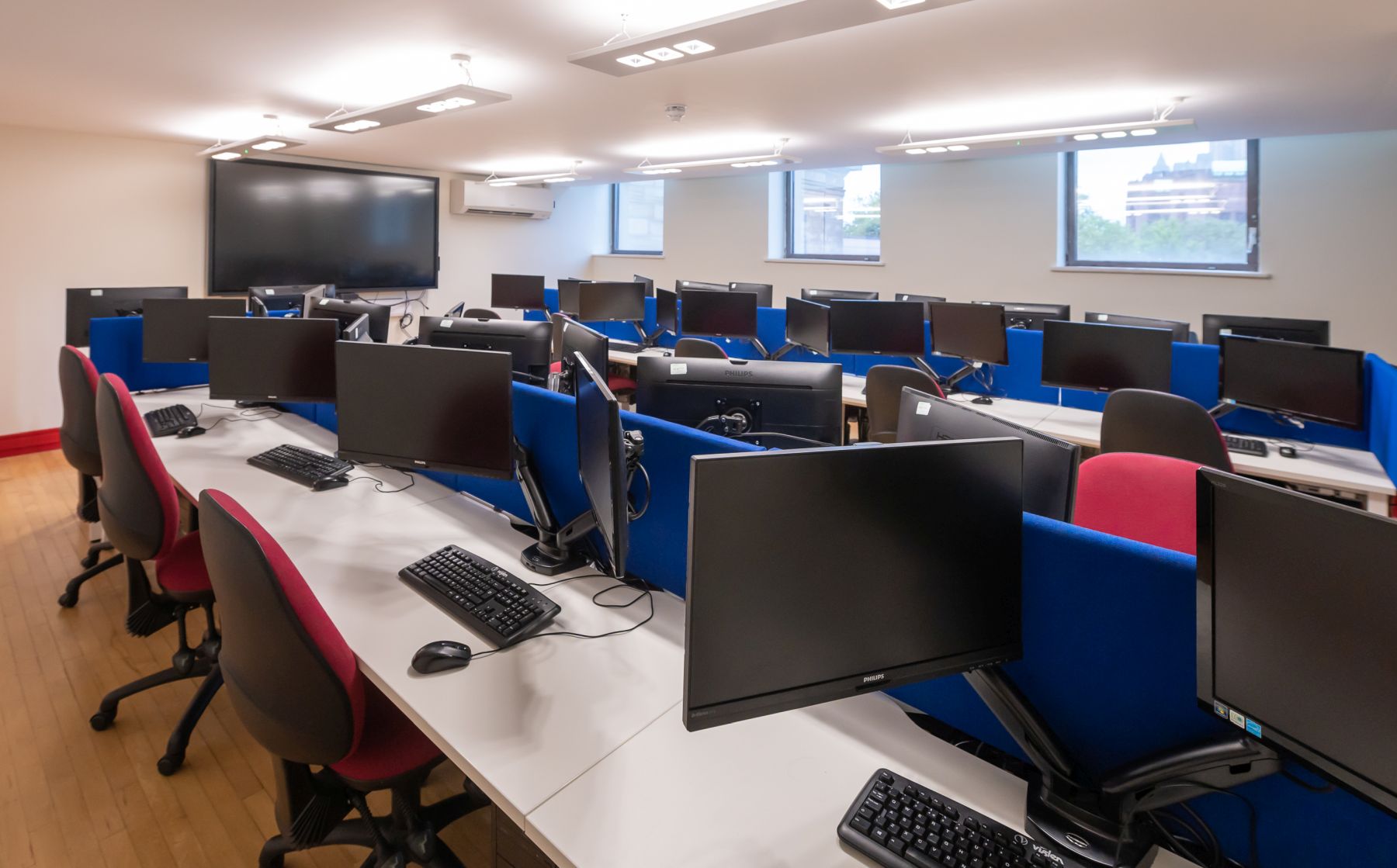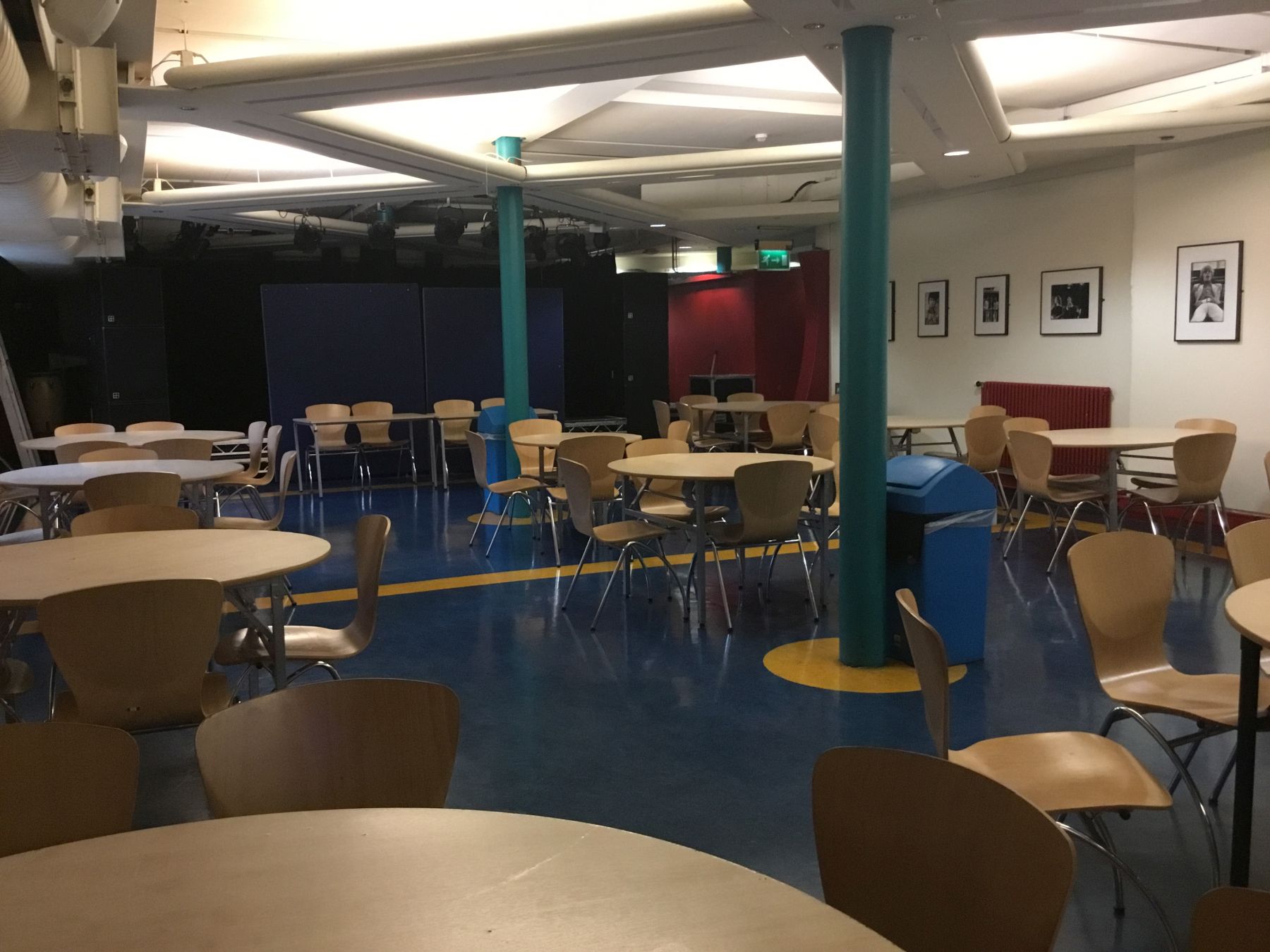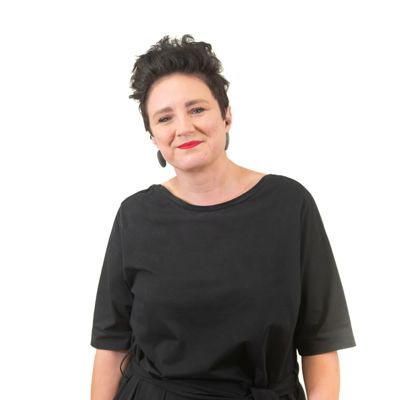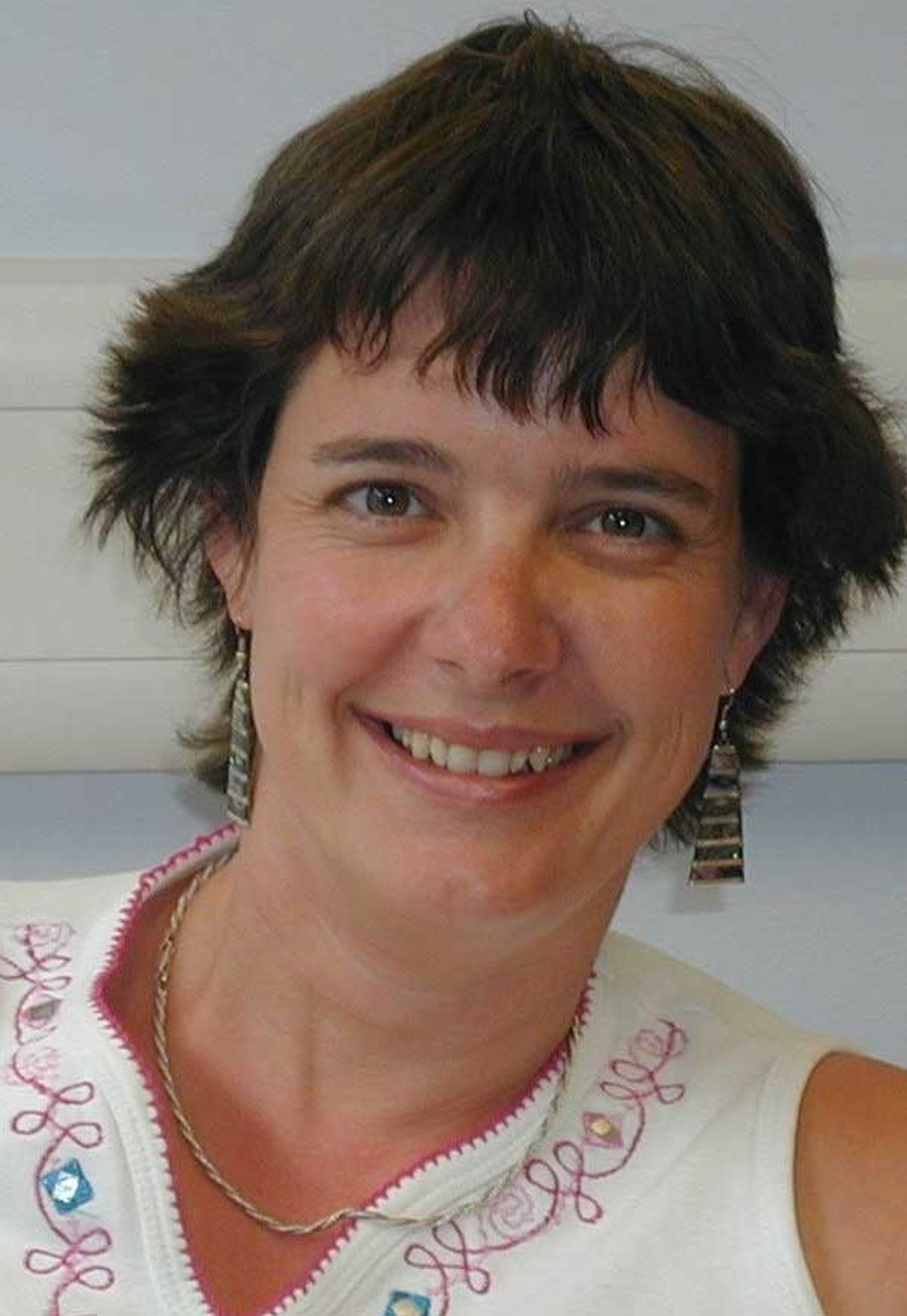Course
Overview
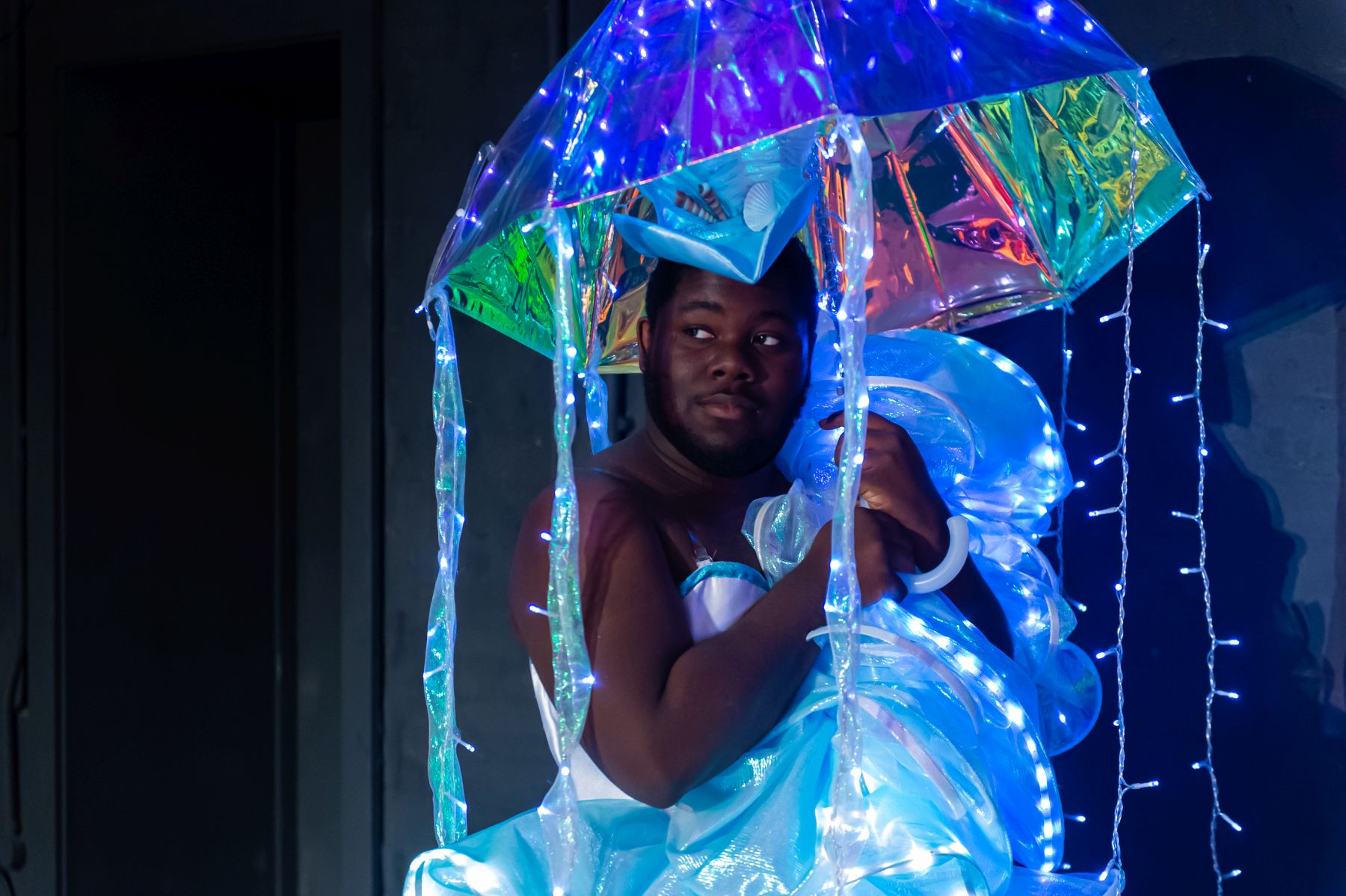
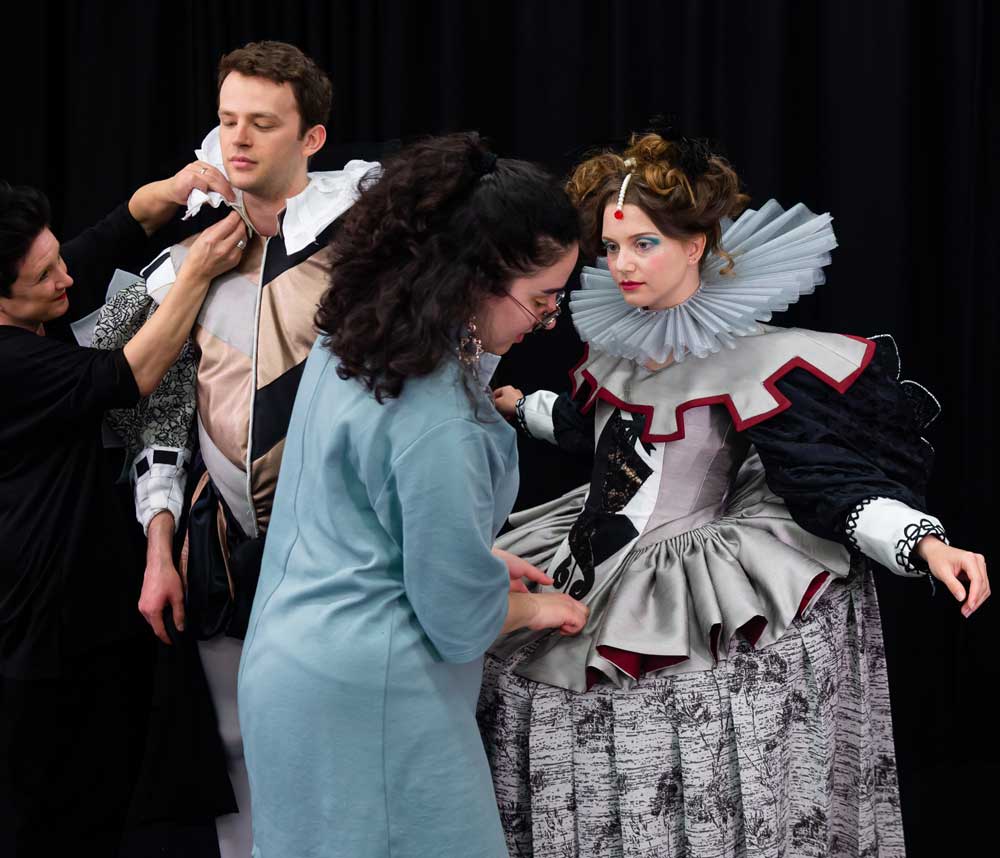
Our course provides you with a holistic postgraduate experience that enables you to become a versatile and creative costume maker with advanced design interpretation and technical construction skills.
You enhance your skills through our range of taught modules and then apply these to practical projects and performances, while identifying professional frameworks for collaboration, research and employment. By the end of the course, you graduate as a skilled, resourceful costume maker and researcher with a strong portfolio of practice and credits from fully realised productions.
What You Will
Study
Research Skills
In this module you are introduced to the academic skills and associated terminology required to conduct a postgraduate research project. Considering your own background, experience, knowledge and understanding of the craft, you evaluate who you are as a maker and practice researcher as you investigate potential areas for research. This self-reflection and analysis provides a potential basis for the creation of innovative and original work in your chosen field and prepares you for the development of your Practice Dissertation Final Research project
Costume Skills
In this module you identify your own professional development needs and start to address them. A range of costume specific pattern cutting and construction techniques are demonstrated. You investigate and apply them as you advance your skills and create a portfolio of samples, gaining an understanding of their applications in the process.
Experimentation and Development
In this module you explore and analyse a range of pattern cutting and construction techniques associated with different periods and styles. This guided experimentation enables you to expand your skills as you develop as a maker, researcher and practitioner. Following a programme of masterclasses, you develop a personal project where you explore a chosen theme or specialism in more depth.
Professional Practice
In this module you participate in a series of industry led talks and workshops by practitioners from a variety of genres of costume making as you investigate different areas and roles within the industry. You then apply these skills as you produce costumes for a LIPA production. You collaborate closely with costume designers, performers and production team and play a full role in the rehearsal and production process. You use this experience to reflect on your interests, strengths and skillset as you consider future employment possibilities and professional development.
Practice Dissertation: Final Research Project
In this module you reflect on your learning from the Research Skills and Experimentation and Development modules to identify a gap in industry practise or related research for investigation. Your Final Research Project will contain practical costume construction experiments and reflections on these processes and critical analysis of relevant evidence. You use these to make a cohesive and persuasive argument as you reach a convincing and sophisticated conclusion. The design and implementation of this project will reflect and inform your personal and professional development.
How You Will
Study
-
Workshops
-
Lectures
-
Seminars
-
Productions
-
Exhibitions
-
Independent study
-
Group Work
-
Masterclass
How You Will Be
Assessed
Assessment revolves around your development as a creative researcher and practitioner. You document, analyse and defend your work. Assessment includes portfolios, verbal presentations, presentation of made work, as well as critical and reflective analysis. There are also oral examinations. You can undertake a conventional dissertation as an alternative to a final piece of practice.
Practical/written work ratio
80% practical work / 20% reflective work
Alternative formats for written/ reflective work include podcasts, presentations, vivas, videos blogs, journals etc.
Validated By:

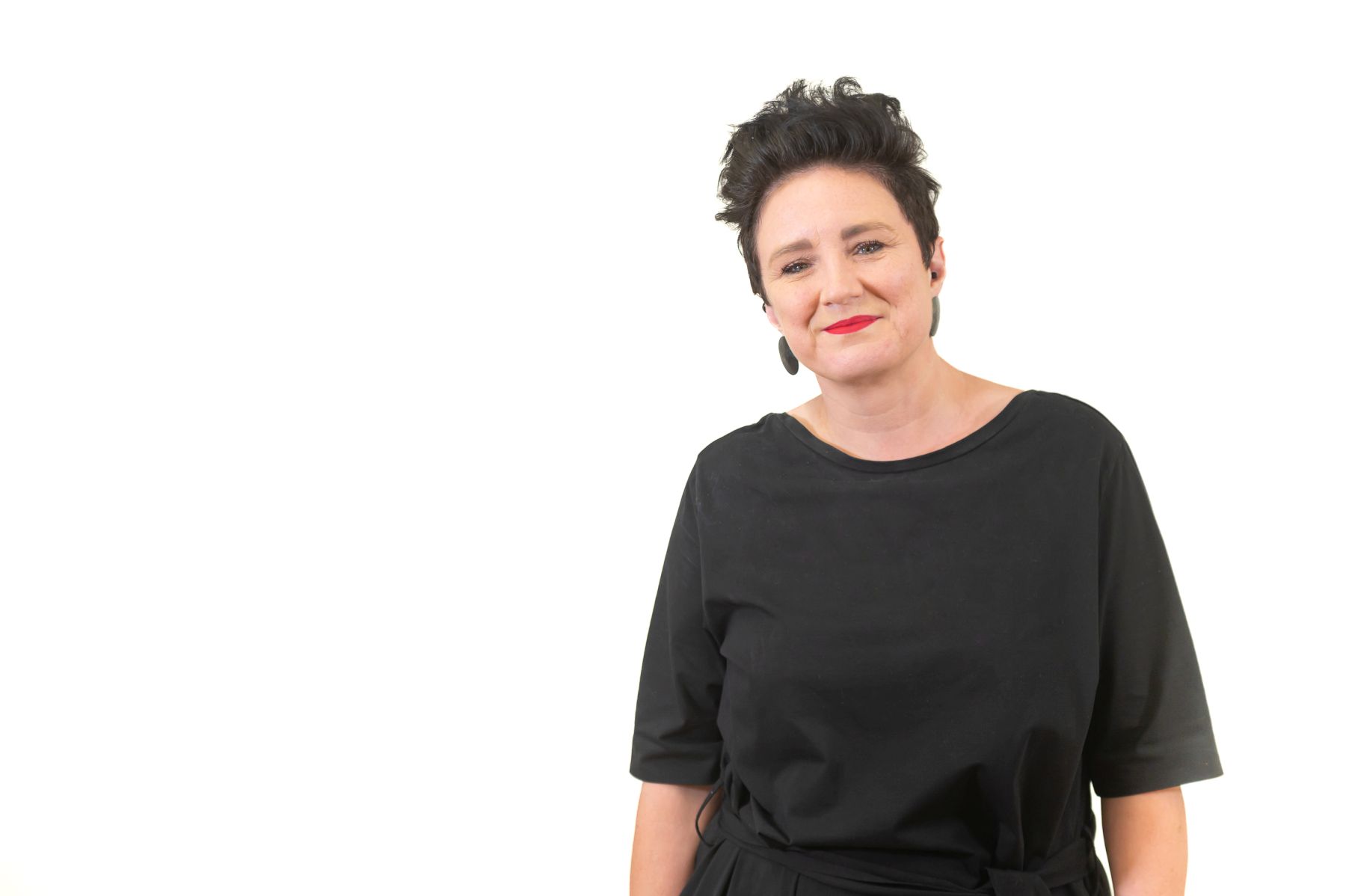
Toni Bate
Course Leader, MA Costume Making
After graduating from Liverpool’s prestigious Mabel Fletcher course in 1994, Toni worked for many years as a costume maker, tailor and wardrobe supervisor for theatre, film and television. Theatre credits include the Olivier Award-winning Shockheaded Peter (Albery Theatre, London) as well as work for Liverpool Everyman & Playhouse Theatres, Theatr Clwyd, Contact Theatre, Manchester, Dukes Theatre, Lancaster, Leeds Playhouse and Derby Playhouse. TV and film credits include Gormenghast (BBC), The Lost Prince (BBC), Pride & Prejudice (Joe Wright), Revengers Tragedy (Alex Cox) and Vanity Fair (Mira Nair).
Prior to returning to LIPA to develop and lead the MA Costume Making programme Toni was a costume construction lecturer on the BA (Hons) Costume with Textiles degree at the University of Huddersfield. Other further and higher education roles include head of wardrobe, wardrobe supervisor and costume maker at LIPA, specialist costume technician at Edge Hill University, costume lecturer at The City of Liverpool College and costume designer and wardrobe supervisor at Arden School of Theatre in Manchester. Toni is also a fellow of the Higher Education Academy.
Toni is an active researcher in the field of costume construction. Her most recent research focuses on historical theatrical costume with an emphasis on reconstruction and the social history of costume making. Her masters by research examined the development of textiles, decoration and embellishment for period costume interpreted for live performance, while other publications have explored the development of allegorical theatrical costume from the Middle Ages to the early European court masques, the concept of the costume store as a living archive and the implications of using historical dress as performance costume.
Publications
Bate, T. (Pending). Ce N'est Pas un Costume: The Absence of the Object in HistoricalCostume Research. Culture Costume and Dress: Proceedings of the 2nd International conference.
Bate, T. (2020). All That Glitters: The Use of Contemporary Textiles in the Interpretation of Period Costume for Theatrical Performance. TEXT: For the Study of Textile Art, Design and History, Vol 46.
Bate, T. (2017). From Morality Play to Court Masque: A Study of Allegorical Performance Costume from Medieval Dramas to Secular Theatre of the Seventeenth Century. The Journal of Dress History, 1(1).
Bate, T., & Garland, L. (2015). Precious? Journal of Writing in Creative Practice: Re-Writing the Archive, 7(3).
Bridget Bartley
Demonstrating Technician
Mitch Fujii-Williams
Visiting Lecturer
What Our
Graduates Do
Graduates from this course will have the skills to work as costume makers in areas such as theatre, TV, film and dance, where they will be able to take on a variety of related roles. These include ladieswear, tailoring, prop costume, historical reconstruction, dancewear and wardrobe supervision. The course focuses on providing a realistic working environment so graduates will be equipped to work as freelancers or within established costume departments with the research skills they have learned also enabling them to contribute academically to the flourishing costume research community.
Yihui Shi (2021)
Designer in a British equestrian costume company in Shanghai, where she designs, researches and develops fabrics. MA Costume Making
Connor Sullivan (2022)
Costume designer and technician who is costume shop manager at the Metropolitan State University of Denver, Colarado. Leads team responsible for the costume construction process for productions by the Department of Theatre and Dance.
Educational qualifications are important but limited in what they can tell us about you.
Your natural ability, your fit with what and how we teach, your growth and your potential are also key factors in our admission process. We can’t evaluate these solely on your educational achievements, so no matter which course you are applying for, we look for the following attributes on your application and at the interview stage.
Additional Costs
As part of this course, there are likely to be some additional costs that are not included within your tuition fees. Many of these are optional.
Equipment
We understand that most students have to work to a very tight budget so we have limited the required tools to those that are absolutely essential for you to be able to start work here. Items you are likely to need will include a pattern master, spiky tracing wheel, a good set of drawing pencils, tailor’s chalk, sharpener, eraser, variety of needles, a thimble, straight pins, dressmaking scissors, paper scissors, snips, an unpicker and a tape measure. We recommend that you budget around £250 for equipment and supplies during the year.
At the very end of the course you are required to create a professional standard portfolio and there are inevitably printing and binding costs associated with this task.
Trips and training courses
As part of the various modules on the programme, some class trips may be offered to help support your learning. Some of these will form part of the curriculum but most will be important additions to your work. Some trips may be free or subsidised but you may be required to cover some costs yourself. Please allow up to £100 for these throughout the year.
Seeing shows
You should see live performances as often as you can. This is not compulsory, but it will help your development as a costume maker. Theatre visits are not covered by your tuition fees, so you'll need to cover these costs yourself. We are occasionally offered a limited number of free or discounted tickets for shows in the city. We also encourage you to see LIPA shows and offer discounted student tickets to make this as affordable as possible. Every year, we organise trips to theatres in Manchester and ticket and travel costs need to be met by each individual.
Additional Costs
As part of this course, there are likely to be some additional costs that are not included within your tuition fees. Many of these are optional.
Equipment
We understand that most students have to work to a very tight budget so we have limited the required tools to those that are absolutely essential for you to be able to start work here. Items you are likely to need will include a pattern master, spiky tracing wheel, a good set of drawing pencils, tailor’s chalk, sharpener, eraser, variety of needles, a thimble, straight pins, dressmaking scissors, paper scissors, snips, an unpicker and a tape measure. We recommend that you budget around £250 for equipment and supplies during the year.
At the very end of the course you are required to create a professional standard portfolio and there are inevitably printing and binding costs associated with this task.
Trips and training courses
As part of the various modules on the programme, some class trips may be offered to help support your learning. Some of these will form part of the curriculum but most will be important additions to your work. Some trips may be free or subsidised but you may be required to cover some costs yourself. Please allow up to £100 for these throughout the year.
Seeing shows
You should see live performances as often as you can. This is not compulsory, but it will help your development as a costume maker. Theatre visits are not covered by your tuition fees, so you'll need to cover these costs yourself. We are occasionally offered a limited number of free or discounted tickets for shows in the city. We also encourage you to see LIPA shows and offer discounted student tickets to make this as affordable as possible. Every year, we organise trips to theatres in Manchester and ticket and travel costs need to be met by each individual.
View the programme specification on the LJMU course catalogue here

